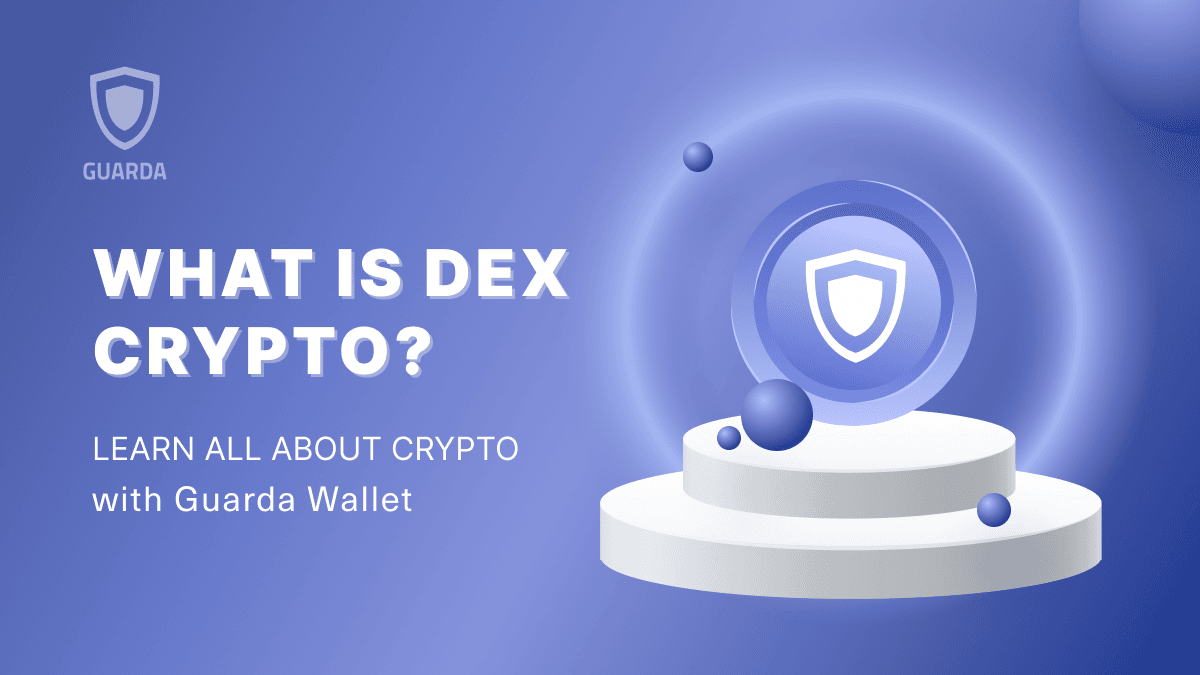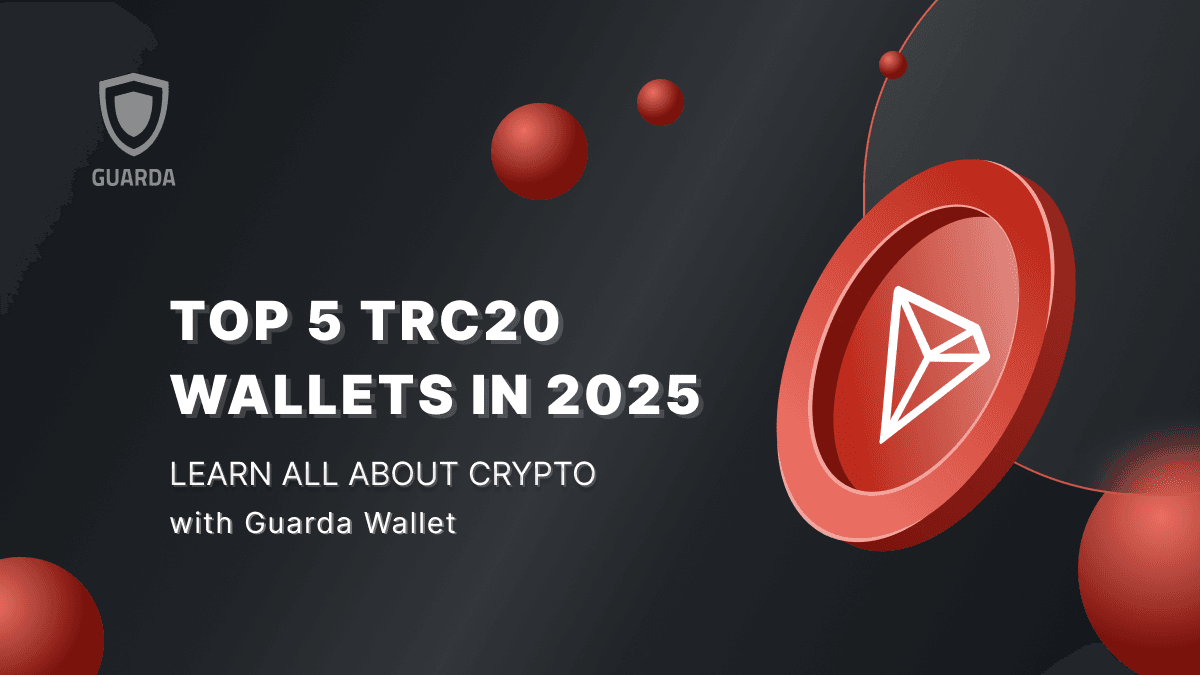There is so much buzz surrounding blockchain and DeFi, and it is often difficult to understand the space or some terminologies used in the space. However, the DAO is believed to be the future of the decentralized economy. From funding blockchain projects to securing funds for small companies, these organizations have the means and are currently rising in the decentralized economy.
So, What is a DAO?
DAO is an acronym for decentralized autonomous organization. It is a blockchain-based system that allows people to coordinate and govern themselves through self-executing rules deployed on a public blockchain with decentralized governance, meaning independence from central control. However, as DAO meaning suggests, it is a code-based organization controlled by those who created the DAO.
The word “decentralized” refers to the absence of central government interference. Autonomous means that smart contracts are amplified, and blockchain transactions are encoded. When an association or institution consisting of a person or a group of individuals come together to pursue a specific goal, it is known as an organization.
How does a DAO work?
It is like a traditional organization like Apple, Google, etc. The only difference is that it runs transparently without central intervention—There is no boss. Like traditional shareholders who use shares to vote, to obtain voting power or membership in a DAO, you need to buy or be given governance tokens to vote. These are cryptocurrencies or digital assets tied to specific projects. They can be released during the funding period or put into the smart contract it runs on at a set period. The most important feature of DAO is the smart contract that establishes the organization’s rules. It is also responsible for holding the treasury. After the contract has gone live on Ethereum or any other network that employs smart contracts, its rules can only be changed following a vote. Since the smart contract defines the treasury, funding decisions cannot be made without the group’s approval.
Once a decision is made, the code of the platform is changed so that the entire protocol is changed immediately. It isn’t easy to change the code, and the change is done through votes among the members. This is so that the computer and code will perform much of the decisions and simple routine operations like large corporations require to function.
Categories of DAO
- DAO operating system: They serve as the foundation for a DAO ecosystem, providing resources for others to launch their own DAO.
- Grant DAOs: This is the first real application of DAOs as a venture capital (VC) type. Communities can donate funds into a community pool and vote on how capital is allocated.
- Protocol DAOs: They give voting power to the people. Changes are voted on and implemented using these tokens.
- Investment DAOs: allow members to raise funds and invest in projects in their early phases.
- Collector DAOs: These came into play as NFTs gained attention. Some of these DAOs, similar to index funds, allow groups of more conservative investors to pool their money and buy NFTs.
How to Get a DAO Membership?
There are different types of memberships, and these Memberships determine how voting works.
Token-Based Membership
Permission is usually not required for these types of DAO membership. A decentralized exchange can be used to trade these tokens. Others can be obtained by supplying liquidity or engaging in various forms of PoW. Token holders, in essence, can vote. This option is used to govern decentralized protocols in general and tokens.
An excellent example of this is the MakerDAO. Its token, MKR, is available on a number of decentralized exchanges, allowing anyone to decide on the protocol’s direction by acquiring the token.
Share-Based Membership
Permission is needed for this membership type, but it is still quite open. A potential member can submit a proposal to join the DAO, usually exchanging some tokens as a tribute. Shares denote direct voting power, and this sort of ownership is more frequent in human-centric organizations such as investment clubs and charities. It can also be used to control protocols and tokens.
MolochDAO, which focuses on Ethereum project funding, is a good example. Unfortunately, the DAO is not available for purchase on the general market.
Popular DAO Tokens Ranked by Market Capitalization
The following are the ten most popular DAO cryptocurrencies and tokens available for purchase on Guarda as of the 18th of May, 2022. The DAO projects are listed in descending order by market capitalization, with the largest first.
| Name | Price | Market Cap |
|---|---|---|
|
|
$5.3 | $3,801,812,896 |
|
|
$5.9 | $2,502,852,082 |
|
|
$1,534.98 | $1,495,496,162 |
|
|
$88.43 | $1,239,924,786 |
|
|
$59.73 | $637,518,770 |
|
|
$1.34 | $622,784,283 |
|
|
$38.21 | $535,575,106 |
|
|
$75.4 | $494,051,560 |
|
|
$1.5 | $399,105,595 |
|
|
$2.54 | $317,517,967 |
The Benefits and Drawbacks of DAO
The major advantage is that you don’t have to trust anyone with your decisions because there is no leader. A group of persons makes the decisions. Government authorities can shut down huge corporations, but the DAO can’t be shut down. Their code is also open-source, which means anyone may look at it and enhance it.
Since everyone can view the codes, they may be vulnerable to external attacks. Research and development is often corporate knowledge on which they have spent a significant amount of money and effort in the expectation of reaping benefits. Since codes in a DAO are open source, it is impossible to maintain organization secrets. As a result, anyone may see how the DAO is organized.
Is Bitcoin an Organization?
Bitcoin is considered the first fully working DAO because it is a fully running protocol without the need for one person or group of people to keep it running. It lacks a centralized governance framework, requiring miners and nodes to signal their support.
However, by today’s standards, Bitcoin is not considered a DAO. Instead, DAOs rely on smart contracts, which are a collection of codes that run on an open-source blockchain. In addition, the project features a governance structure that allows DAO coin holders to vote on how changes are made.
Conclusion
DAO allows entities to govern themselves without the need for outside intervention by relying on the power of voting. It demonstrates that a centralized government isn’t always required. Its sheer nature addresses the principal-agent dilemma, and obtaining DAO membership can be simple.
DAOs, like everything else connected to the crypto world, are still relatively new and should be thoroughly researched.



